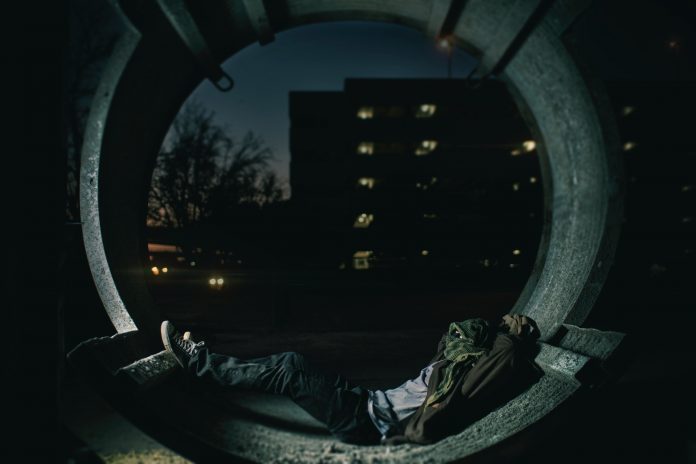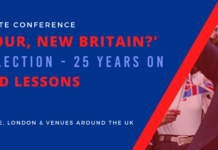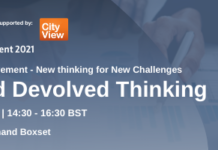I don’t want to spoil the party but the recent Budget announcements on “rough sleeping” assume that as an issue it is here to stay.
The extra budget monies to tackle homelessness, specifically rough sleeping, are extremely welcome but the Homelessness Reduction Taskforce is only tasked to halve rough sleeping by 2022 – halve it, not eradicate it.
Homeless Link, who crunch numbers on rough sleeping, estimated in January 2017 there were 4134 people rough sleeping on any one night. So in 2022 there will still be over 2000 people sleeping rough every night.
That is 2000 people, and not always the same people, sleeping rough every night for 365 nights for the next 5 years. That is a lot of human misery to leave out there.
Manchester, Liverpool and Birmingham (or West Midlands as we are obliged to call it) are to benefit in particular because they have metro mayors with a plan and a commitment to eradicate rough sleeping.
Interestingly Homeless Link estimate that the largest increases in rough sleeping were in the East of England, 44%, North West 42%, East Midlands 23% and North East 18%.
The Budget targeted money at just one of those areas – the North West – with money to Liverpool and Manchester.
Having a plan is clearly the key to getting money from government, and having an elected mayor to drive it seems to help. Everywhere else the local A&E will remain the place of last resort.
Which is where the charity Pathway and the Faculty of Homeless Inclusion Health at University College London step up, not just to tackle rough sleeping but the complex causes of rough sleeping.
We know the drivers of rough sleeping include more than a lack of housing or money and include chronic ill health, addiction, mental health and deep exclusion and alienation, not just falling between the gaps in mainstream services.
Within that nightly figure of 4134 sleeping rough there is a lot of churn, some people getting helped and off the streets but other people falling off friends’ sofas, out of prison, out of care, off their meds and until those needs are met there will always be a core number sleeping rough.
Tackling those is the only way to get that number down and close to eradicating rough sleeping.
So this is a plug for Homeless & Inclusion Health 2018 – Rethinking Homelessness taking place on the 7 & 8 March 2018 in London. I hope you will consider joining us to find out how to work out your local housing and health plan, how to tackle not just rough sleeping – but the causes of rough sleeping.





